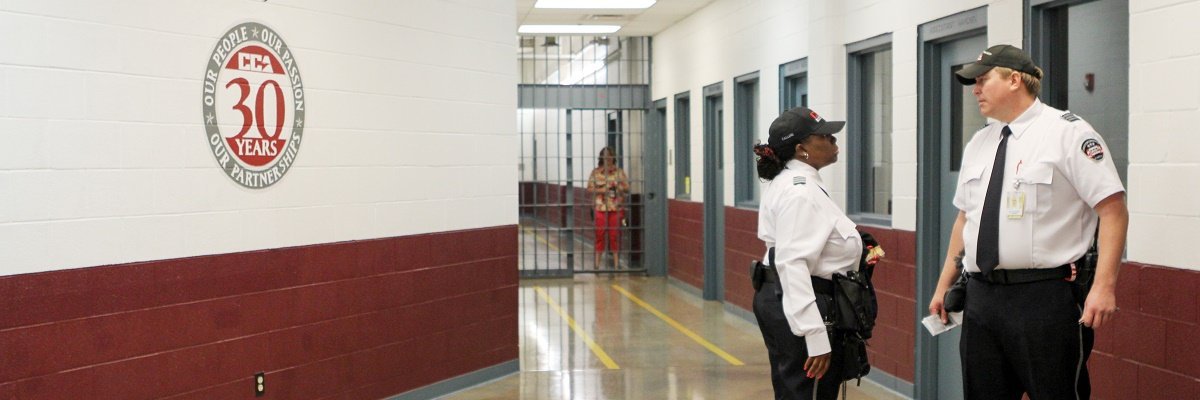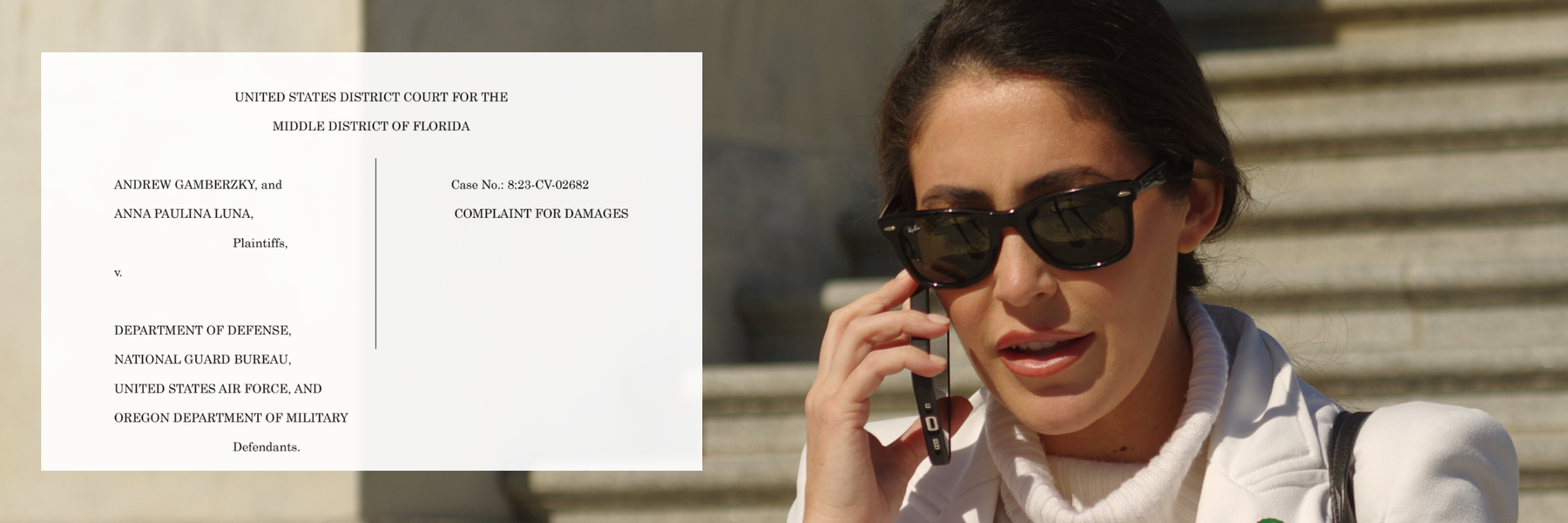Private prisons face many of the same obstacles as their public counterparts: drugs, violence, rowdy inmates or rowdy correctional officers. But their operations and how they manage these ubiquitous issues remain a black spot on the corrections ecosystem.
In Florida, one state representative set out to answer some of these questions himself, and while he’s found that in some areas, like provision of toilet paper, the private approach seems more humane, in many others - hot water and medical care, for example - they are shockingly deficient without even the consolation that the shortcomings might be saving some money.
This week, we’re inviting people to send us their questions via Curious Cat or in the future via email at info@muckrock.com. Here are a few of our own outstanding questions.
How do private prisons affect all prison populations?
A couple of years ago, the then-new Secretary of the Florida Department of Corrections Julie Jones caused a stir when she accused private prisons in the state of “cherry-picking” the healthiest and most convenient inmates for their facilities, leaving the high maintenance individuals to the public system. She quickly walked back her statements, since private facilities don’t get to specifically choose its populations, though they are allowed to exclude people with particular afflictions. It remains unclear
How is solitary confinement used?
Solitary policies across the nation vary widely, and statistics on how it is used can be difficult to obtain. Its application in for-profit facilities is even further obscured, though there are signs that its punitive use is wildly inappropriate; a current lawsuit in Tennessee alleges that inmates at CoreCivic’s Metro-Davidson County Detention Facility were threatened with solitary confinement if they discussed or filed grievances about a scabies outbreak at the prison, which ended up affecting dozens of inmates and employees.
Do private facilities reduce recidivism rates?
There was once an argument that private facilities, given their cost savings, would be able to provide greater education and skills training options than their cash-strapped counterparts in the public realm. However, these high aspirations have not been actualized, and some have found that private facilities may even increase recidivism rates.
How do extras fit into the private prison budget?
The public corrections system is full of ways that prisons are able to grab a few extra dollars from their inhabitants, either through fees, phone commissions, and the fruits of their labor. Just exactly how much these elements fit into private prison operating costs, however, remains unknown.
What do you want to know?
Have a question of your own? Let us know.
Want to learn more about prison privatization? Check out the Private Prison Project and join the mailing list.
Image via Flickr and licensed under Creative Commons BY-SA 2.0.




